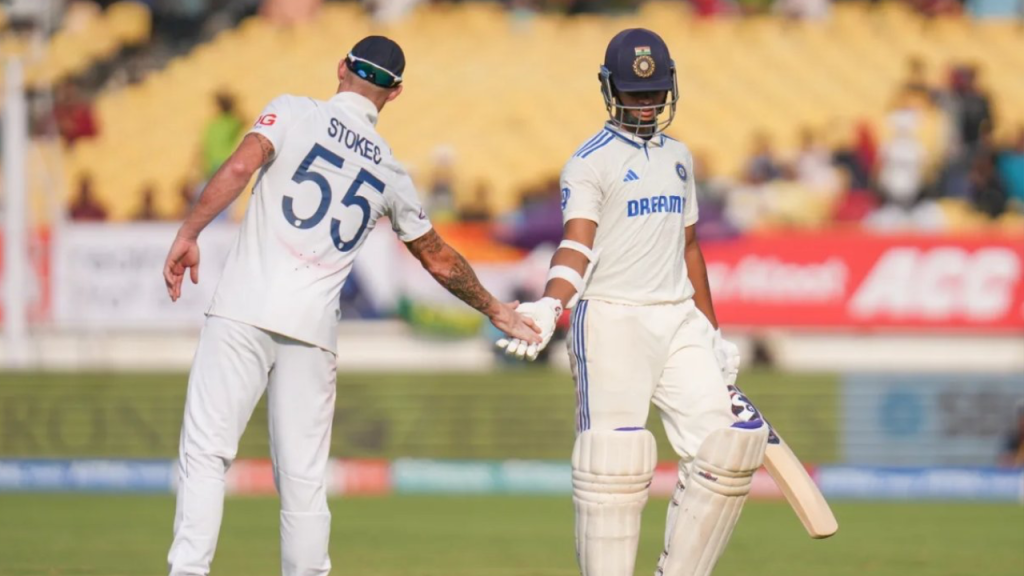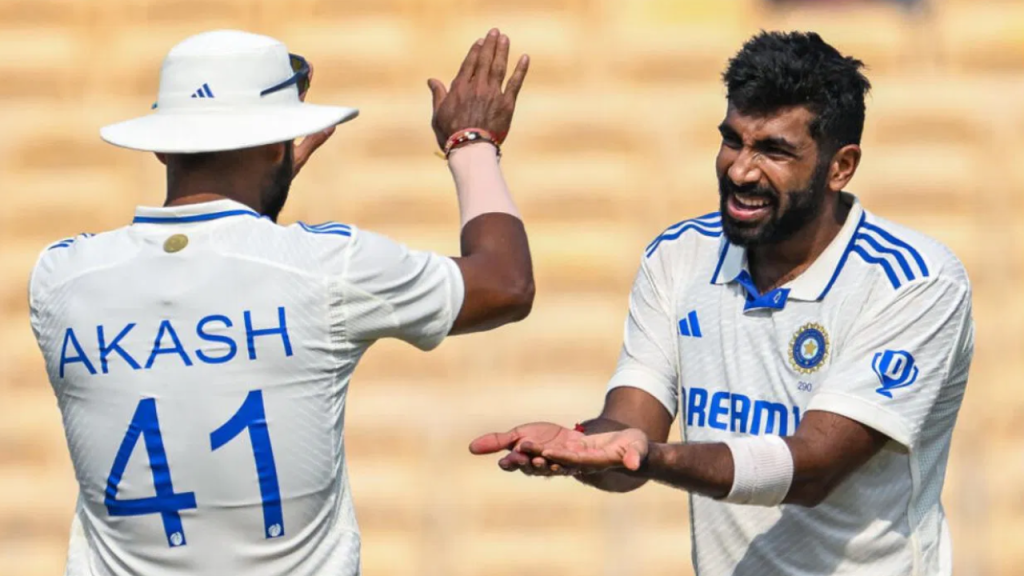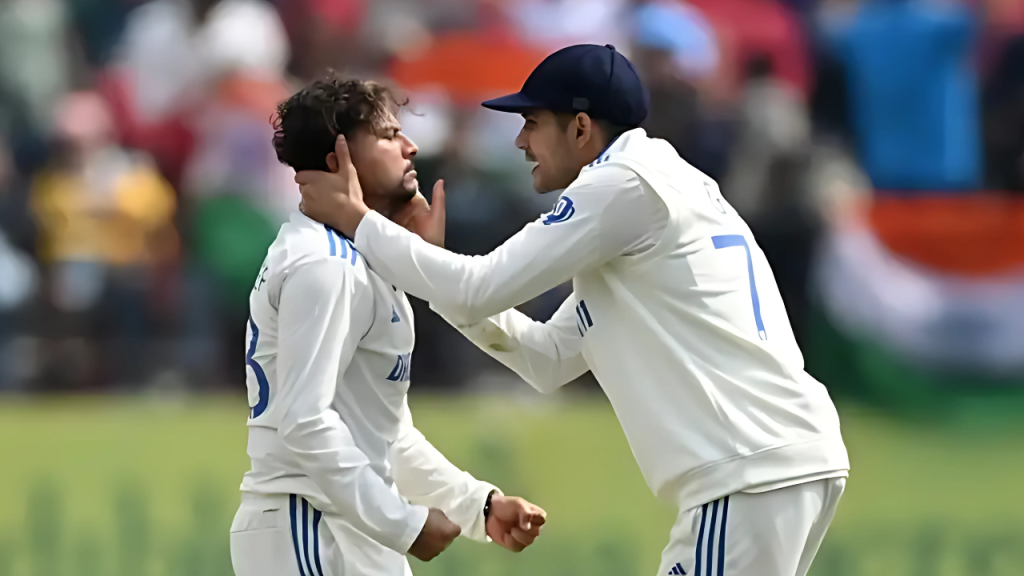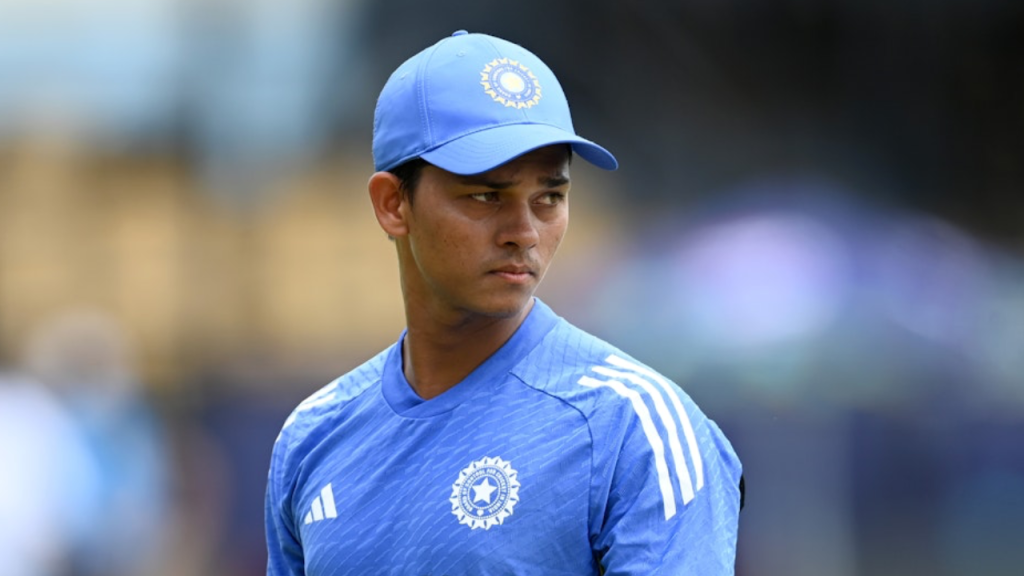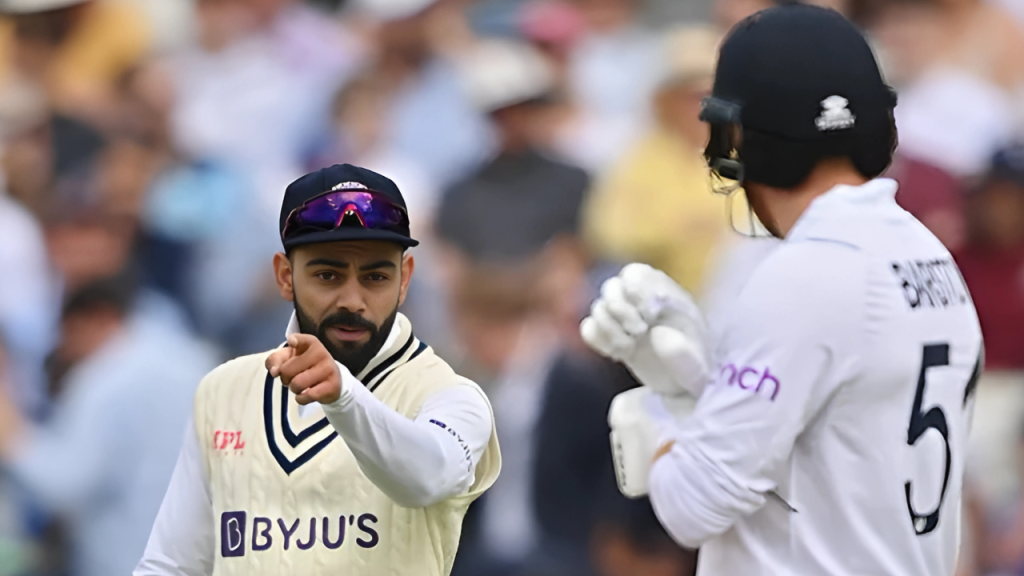As the cricket world focuses on the IND vs BAN series, a subplot has emerged regarding the coaching staff, particularly the non-selection of Jonty Rhodes as India’s fielding coach, despite a push from then head coach Gautam Gambhir. Here, Rhodes sheds light on the reasons behind this decision:
Cultural and Systemic Integration
Rhodes, renowned for his fielding prowess, admitted that one of the primary reasons might be the cultural and systemic integration into the Indian cricket setup. “Indian cricket has its own rhythm and system,” Rhodes explained in an interview. “While I believe I could bring a lot to the table, the transition for a foreign coach, especially in a role as hands-on as fielding, might not align seamlessly with the existing coaching philosophy or player-coach dynamics.”
The Continuity Factor
The Indian cricket board, often referred to as BCCI, has shown a preference for continuity in its coaching staff, especially when it comes to roles like fielding coach. “There’s a comfort in continuity,” Rhodes noted. “The current or previous coaches have established methods, and changing that might disrupt the team’s rhythm, especially when you’re looking at a high-pressure environment like international cricket.”
National Pride and Coaching
Rhodes also touched upon the aspect of national pride in coaching roles. “There’s a significant amount of national pride in having homegrown talent in coaching positions,” he said. “This isn’t unique to India; many countries prefer their national coaches to be from their own cricketing background. It’s about identity, understanding the nuances of the local game, and perhaps, a sense of legacy.”
Gambhir’s Vision and BCCI’s Direction
Despite Gambhir’s endorsement, Rhodes highlighted the difference between individual vision and institutional direction. “Gautam saw potential in what I could bring, but the BCCI might have a broader vision or specific criteria for these roles,” Rhodes reflected. “It’s not just about what one person believes; it’s about aligning with the board’s long-term strategy for cricket development.”
Looking Forward
Rhodes, however, remains optimistic about his contributions to cricket. “While I might not be in the Indian setup, my passion for fielding and coaching remains. There are other avenues, other teams, and other formats where I can continue to make an impact,” he concluded, hinting at potential roles in other cricketing nations or leagues.
Conclusion
The saga of Jonty Rhodes not being selected as India’s fielding coach, despite Gambhir’s push, underscores the complexities of international cricket coaching roles. It’s not merely about skill or endorsement but about fitting into a larger cultural, strategic, and systemic framework. As India prepares for the series against Bangladesh, this narrative serves as a reminder of the behind-the-scenes dynamics that shape team compositions, often away from the public eye but deeply influencing the game’s future.
